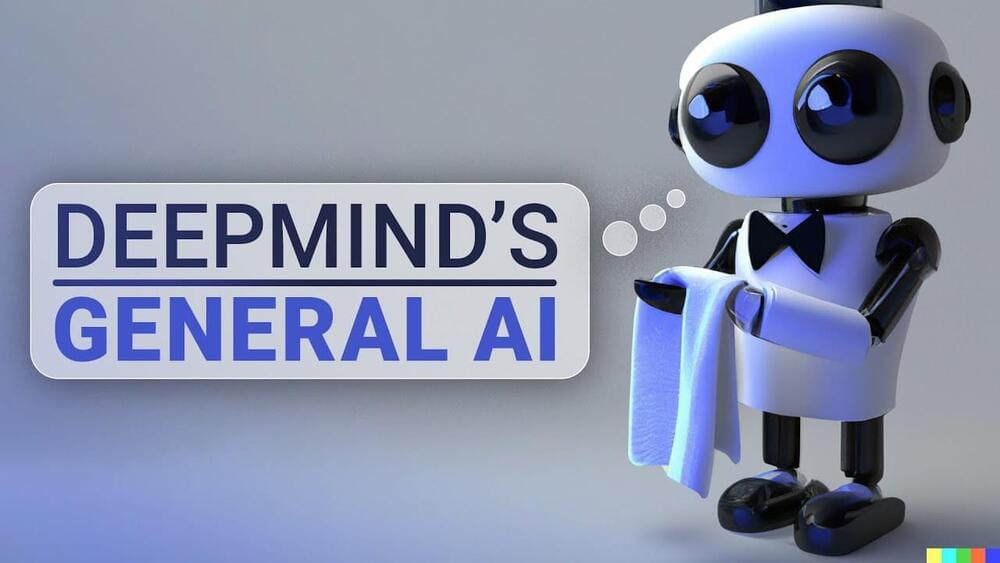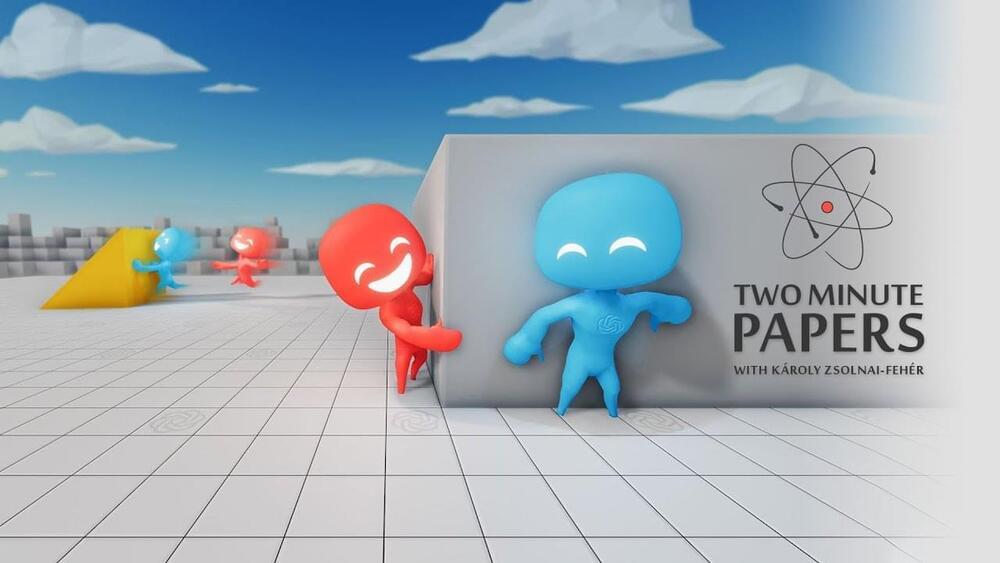To try out our new course (and many others on math and science), go to https://brilliant.org/sabine. You can get started for free, and the first 200 will get 20% off the annual premium subscription.
Physicists have many theories for the beginning of our universe: A big bang, a big bounce, a black hole, a network, a collision of membranes, a gas of strings, and the list goes on. What does this mean? It means we don’t know how the universe began. And the reason isn’t just that we’re lacking data, the reason is that science is reaching its limits when we try to understand the initial condition of the entire universe.
💌 Sign up for my weekly science newsletter. It’s free! ➜ http://sabinehossenfelder.com/
👉 Support me on Patreon ➜ https://www.patreon.com/Sabine.
📖 My new book “Existential Physics” is now on sale ➜ http://existentialphysics.com/
🔗 Join this channel to get access to perks ➜
https://www.youtube.com/channel/UC1yNl2E66ZzKApQdRuTQ4tw/join.
The Poplawski paper about how the universe might have been born from a black hole is here: https://link.springer.com/article/10.1007/s10714-021-02790-7
00:00 Intro.
00:25 The Big Bang Theory.
03:47 Why So Many Other Theories?
04:53 The Problem With Cosmology.
07:30 The Importance of Simplicity.
10:57 Stories of Creation.
15:35 Sponsor Message








